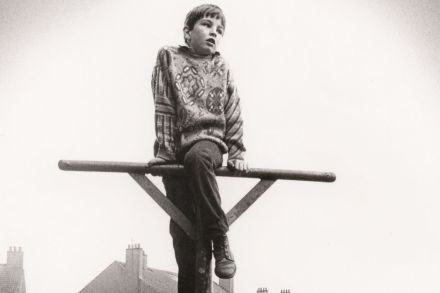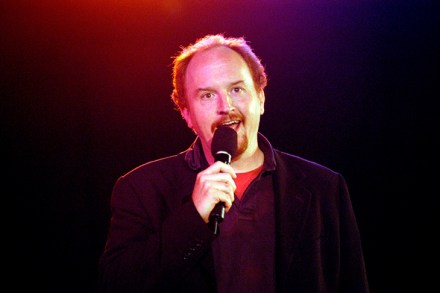Douglas Stuart: Shuggie Bain
35 min listen
My guest on this week’s Book Club podcast is the winner of the 2020 Booker Prize, Douglas Stuart. His first novel, Shuggie Bain, tells the story of a boy growing up in poverty in 1980s Glasgow with an alcoholic single mother. It’s a story close to the author’s own. He joins me from the States to tell me about the ten years he spent writing the book and the dozens of rejections he had from publishers, how moving to the States made him see Glasgow more clearly – and how he went from growing up in a house without books to winning the Booker prize for his first novel.





















